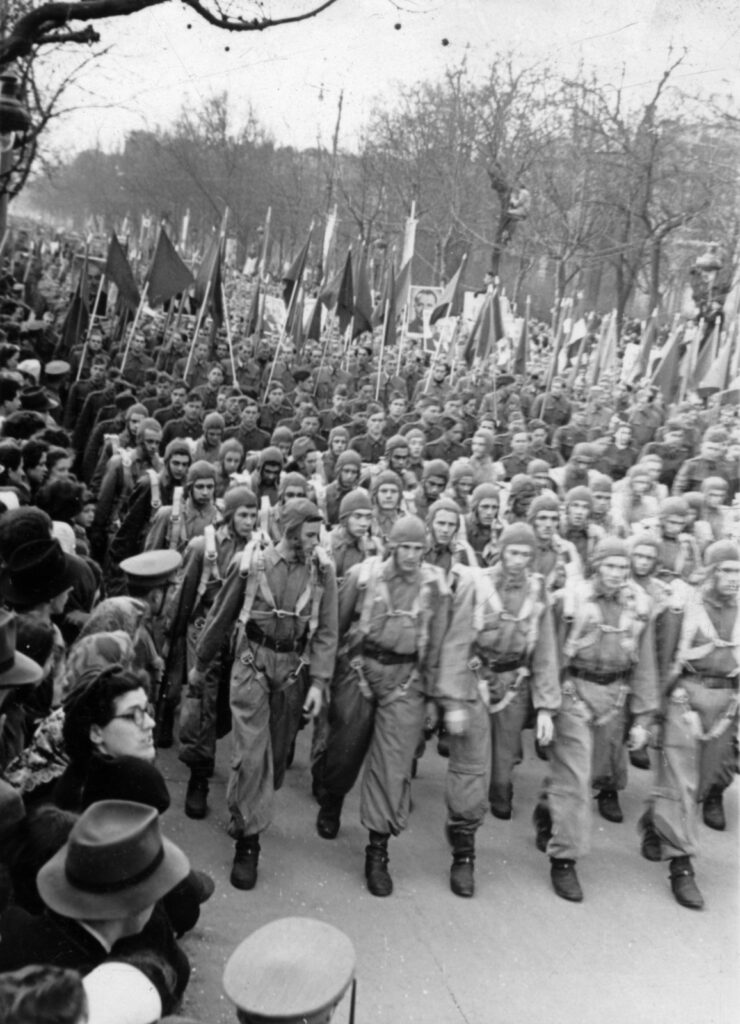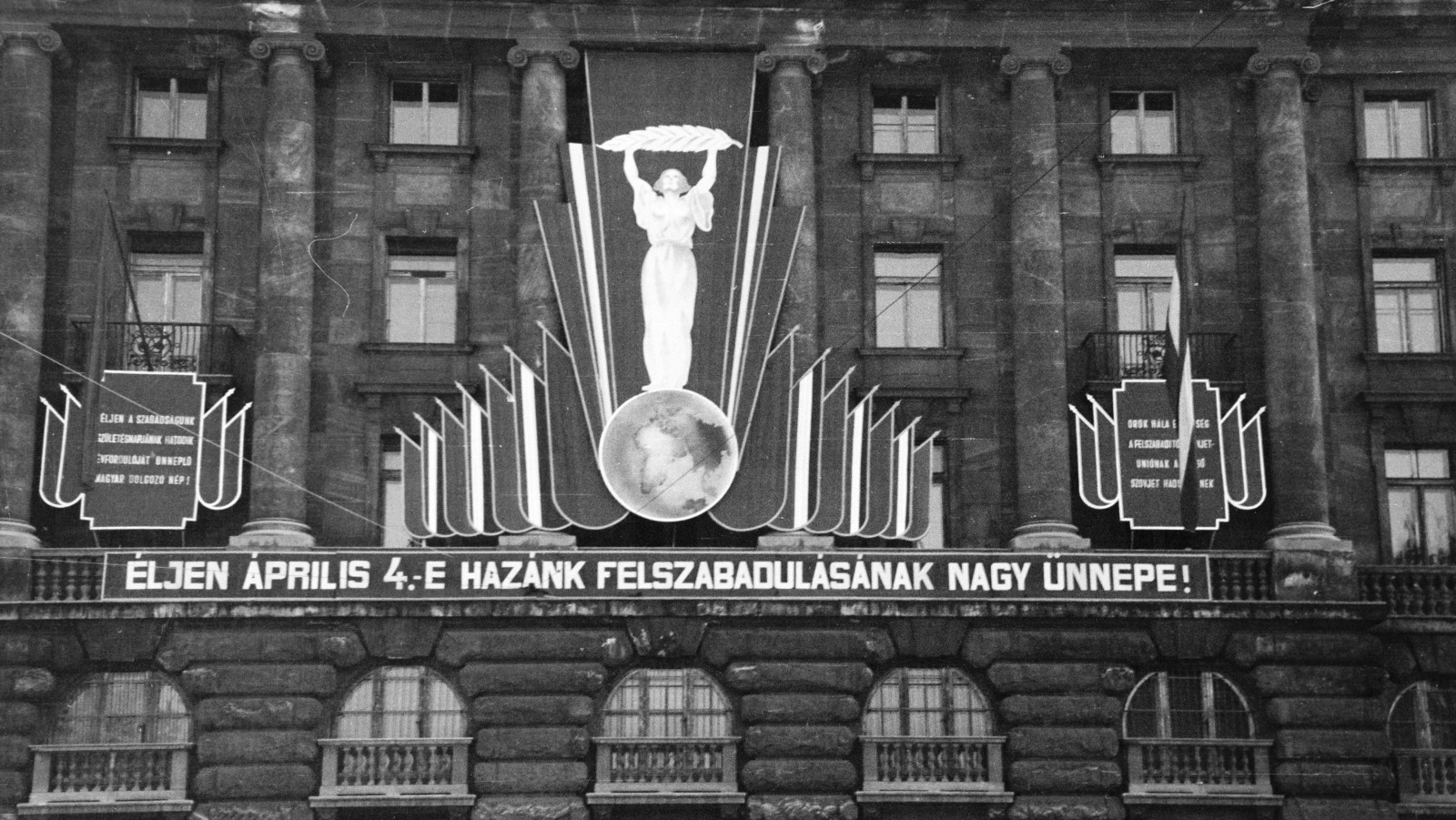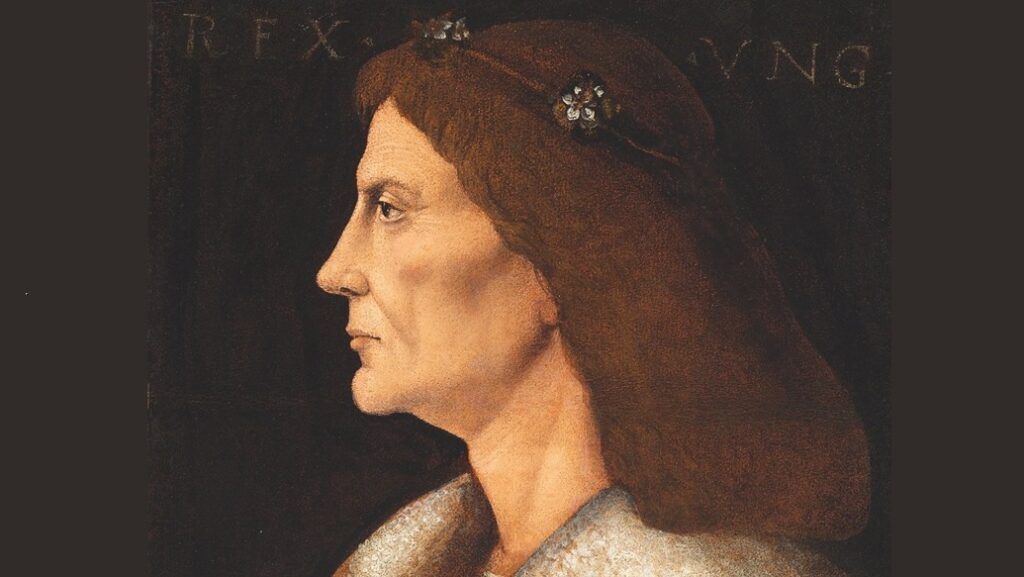Holidays, in a way, define what we are as a culture. Whatever our beliefs might be, in Central Europe, people still celebrate Christmas, even if in a consumerist way. They paint eggs for Easter, and they might at least remember its religious background. In Hungary, we recognize a couple of holidays that are important to Hungarian national history and identity, and everybody has at least a formal connection to them. Our holidays show that we value our Christian heritage and our national history.
We often feel emotional on these special days, not just when 15 March falls on a Sunday, leading to disappointment about not having an extra day off. There was uproar when suggestions arose in certain Western European cities to cancel or tone down Christmas celebrations in the name of a supposed religious tolerance. In the US, people have fought—and perhaps still do—over whether certain holidays should be still honoured, renamed, or replaced.
The holidays that we celebrate and over which we fight give quite a good hint of what we hold dear. There are even holidays that we no longer honour, so apparently, we don’t have anything to do with them, but they still haunt us, in a way. In Hungary, one of these is 4 April—which is still personally familiar to many people—, the famed ‘Liberation Day’ from Germans and their puppet regime by the Soviets, who designated this date a bit sloppily, as skirmishes continued on the Western edges of the country up to 12 April. This day, according to the Soviet Communist understanding of history, represented a triumph of historical progress over the ‘semi-feudal’ state of Hungary and marked the start of an era portrayed as brilliant in its extremes. From 1949 it was an official holiday, in contrast to 15 March, which was reluctantly kept as a day of celebration but was permanently erased from the roster of work-free days after 1957, until the system transition.
4 April was a day of paying fealty to the ‘Heroic Army of the Soviets’ and celebrating the military force upholding the Iron Curtain. Celebrating the same army that plundered its way through our homeland, and the system that was born from it, be it already watered down by the 70s and 80s: it was a holiday that never quite fit into the organic Hungarian tradition.

The Soviet Union was consigned to the dustbin of history; its Central European puppet regimes, among them the Hungarian Communist system, were rapidly disassembled. There is no question that we do not honour 4 April. Even before the date was officially struck from the state calendar in 1990, the Hungarians had already stopped celebrating it.
The question is, though, what do we do with the arc of our 20th-century history? The Soviet military action in Hungary is generally called ‘occupation’ now, referred to as an act of liberation only in very applicable circumstances, such as the liberation of the Budapest ghetto in 1945. It is, of course, widely acknowledged that Hungary was much better off with the Nazis and their vassals out of Hungary. Still, the rule of Nazism and Communism is treated as a continuous rule of different, but similarly murderous regimes. The exhibits of the House of Terror are good representations of this worldview.
The thought of totalitarian continuity is also found in the 2011 Basic Law of the country, which considers the period between 19 March 1944, the date of the German occupation, and 2 May 1990, the formation of the first post-Communist Legislative Assembly, as a period of suspended sovereignty.
But what does the trauma of these totalitarian periods teach Hungarians? Of course, the rejection of the totalitarian systems comes to mind first and foremost. But the nature of rejecting the totalitarian past and building a new future is hotly debated since the regaining of sovereignty. Some Hungarians saw the ‘universal and homogenous state’ of Kojève as the solution, moving toward the universalism and liberalism of the West. Others saw a reassertion of national identity and tradition as the key, giving Hungarians—famously depressed by the end of the 1980s—back their rootedness to the national community that nurtured them. The debate has two sides regarding the dangers to be avoided as well. Some say that excessive nationalism would bring back authoritarianism and thus the shadow of totalitarianism to Central Europe, while others fear Western technocracy.
We cancelled the holiday of 4 April, which was forced upon us. However, in a way, we are still debating over it, trying to make sense of why and how it really hurt us. Was the distortion of our culture harmful? How can we shape the future lying before our nation? To forge a national consensus someday, we need to acknowledge, across the political spectrum, that the fear and trauma of totalitarianism shape all of us.
Related articles:
The article is an abridged version of the author’s latest research essay, which will soon be available on the website of the Danube Institute.








